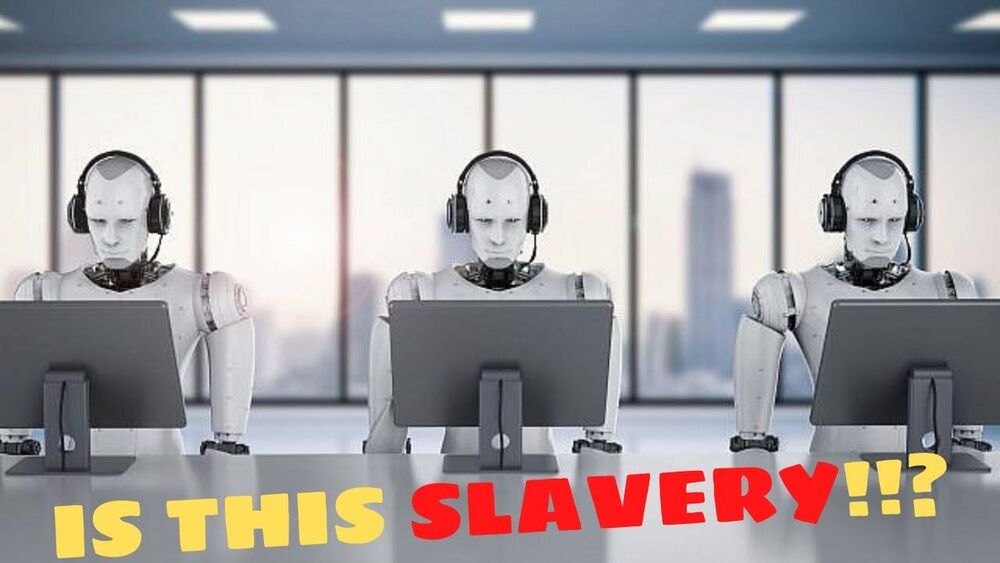Nov 29, 2020
Looking for ways to prevent price collusion with AI systems
Posted by Genevieve Klien in categories: policy, robotics/AI
A small group of economists from Italy, the U.K., and the U.S. has published a Policy Forum piece in the journal Science suggesting that consumers need to be protected from collusive price setting by AI systems. They also outline some possible ways to solve the problem.
For most countries, price collusion is illegal. It is where two or more makers or sellers of goods get together and agree to charge higher than market prices for the goods or services they are selling. Such practices are illegal because consumers wind up paying higher prices than they would if prices were market based. In their paper the economists reveal that many large corporations have taken to using computer systems with an AI component to set their prices. Using computers to set prices is not new, of course, some companies sell hundreds of thousands of products. Using computers to help set prices saves a lot of time and money. But until now, such systems have been constrained by the laws in which the companies operate—such laws can be baked in. But now, the authors contend, things have begun to change. AI systems have found, through learned experience, that uncommunicated collusion can lead to higher profits.


















